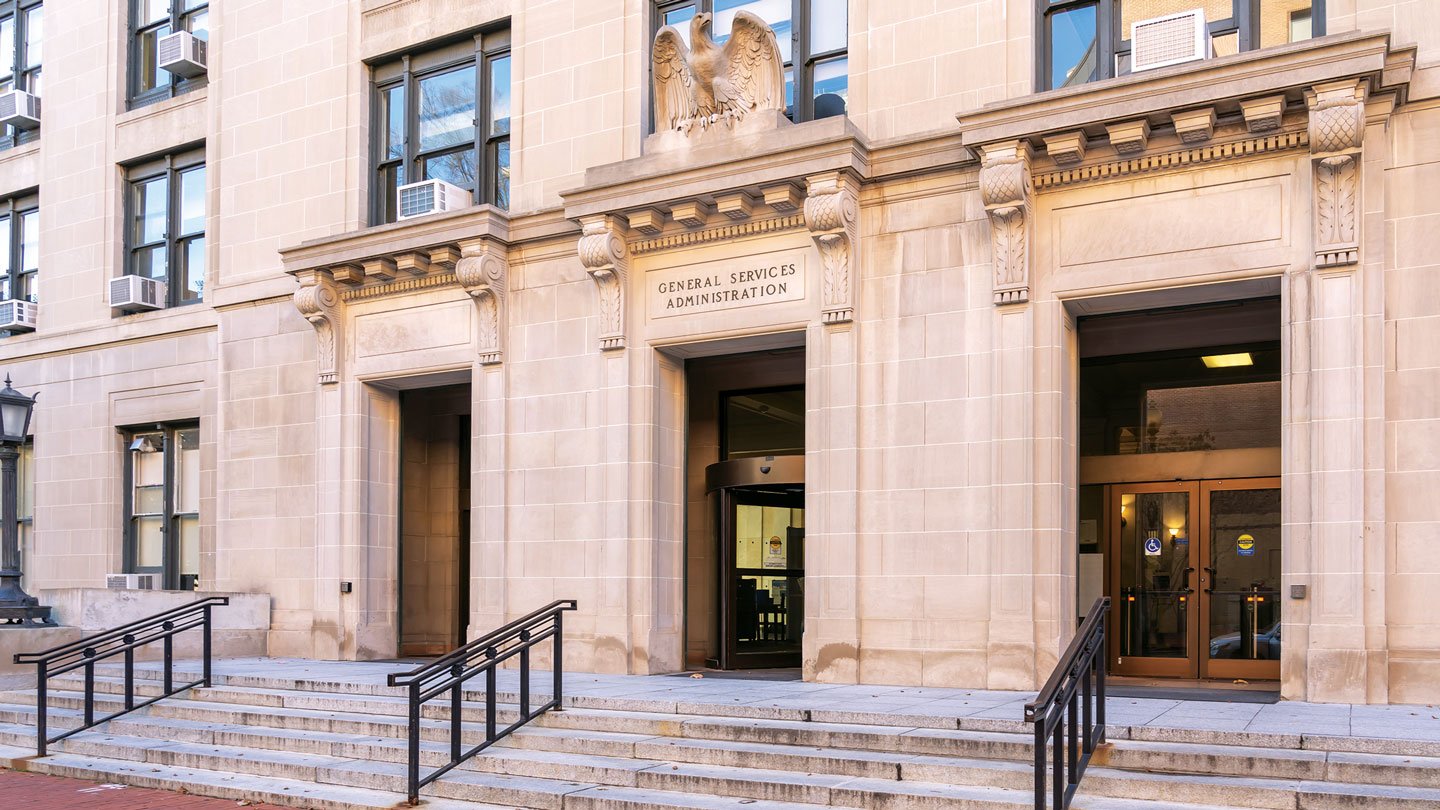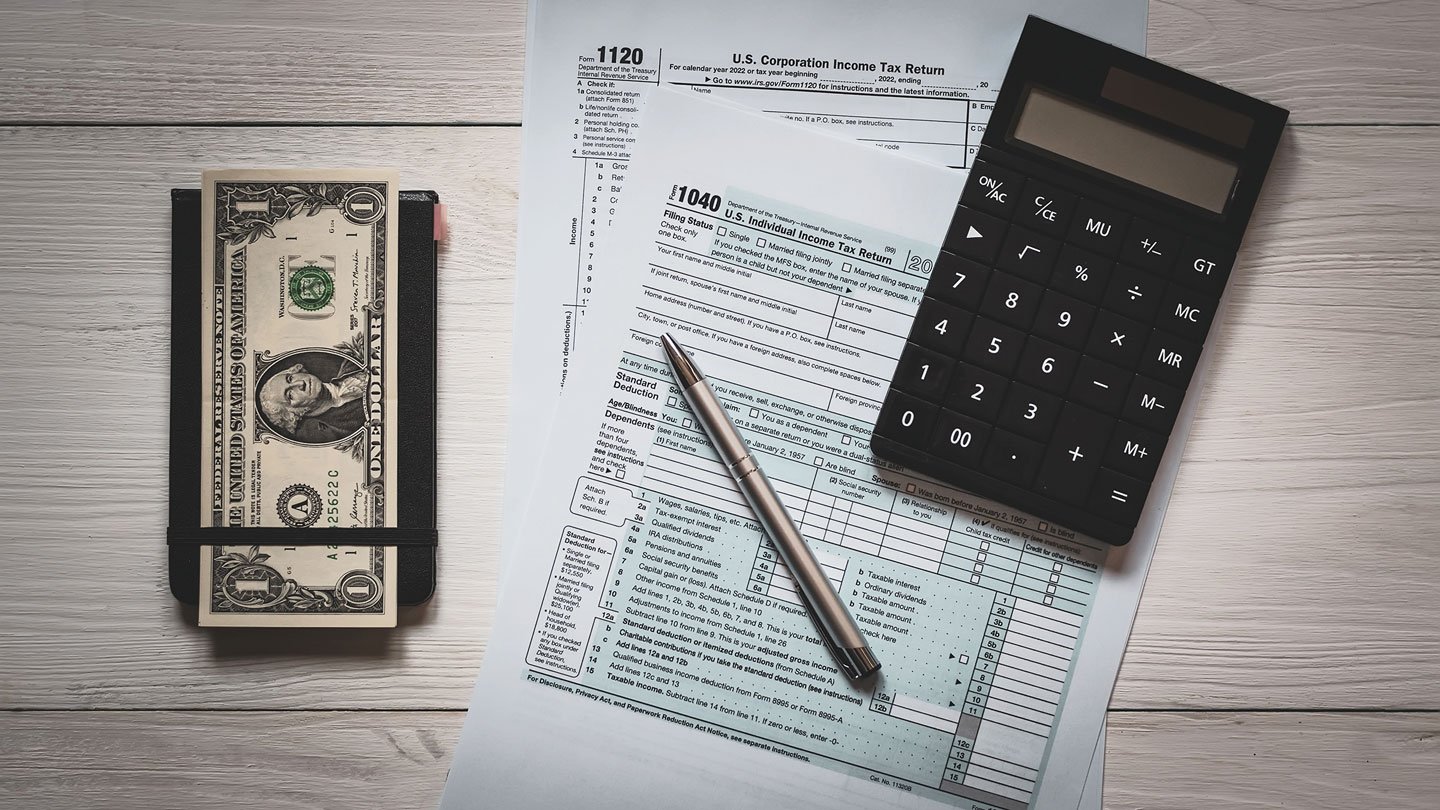Rapidly increasing energy demands pose challenges for commercial real estate.
The sustainable supply of electricity in the United States is becoming an increasingly important issue for commercial real estate and development. Demand for additional electricity is expected to surge due to essential data and AI facilities, building and transportation electrification, innate economic growth and population increases.
ICF International, a global solutions and technology provider, projects that electricity demand in the U.S. will increase 25% by 2030 and 78% by 2050 compared with 2023 levels. This will require the generation of additional electricity and the improvement and expansion of transmission lines. Governors and state legislatures are already taking steps to address the growing need for electricity in the short term, but more will need to be done in the long run.
Addressing Energy Issues
The Utah Legislature took action early this year to address insufficient energy supply with the unanimous passage of Senate Bill 132. The legislation allows for "closed private generation systems" — a top priority for NAIOP Utah — that operate behind the meter to generate the electricity needed to service large-scale development projects. The private generation systems can connect with the interstate transmission grid if they meet federal and state requirements.
In addition, Utah Gov. Spencer Cox, incoming chair of the Western Governors' Association, has made sustainable energy generation, transmission and storage a regional issue as the chair initiative for 2026. The initiative is expected to identify priorities for meeting regional energy supply and demand needs, best practices on energy policy, and potential issues for the organization's advocacy.
In the Northeast, Pennsylvania Gov. Josh Shapiro announced in March his "Lightning Plan," described in a press release as "a comprehensive, all-of-the-above energy plan" to meet the commonwealth's increasing energy needs. The plan is intended to incentivize and support the generation and transmission of a sustainable energy supply for Pennsylvania's future because "doing nothing is not an option." Components of the plan to advance energy projects include:
- Amending Pennsylvania's Economic Development for a Growing Economy Tax Credit to include a new Reliable Energy Investment Credit focused on adding reliable energy sources to the transmission grid, and revising the Regional Clean Hydrogen Tax Credit for hydrogen projects, including expanding eligibility qualifications.
- Establishing the Reliable Energy Siting and Electric Transition Board to accelerate and improve efficiencies in state siting permit processes for the next generation of projects through a central government entity.
- Updating Pennsylvania's Reliable Energy Sustainability Standard to incentivize the diversification of energy sources, including nuclear and renewable energy projects and energy storage, to meet future energy consumption needs and to remain competitive with other states.
Building Performance Standards
Some states and localities have enacted policy initiatives mandating building performance standards that will reduce greenhouse gas emissions attributable to a building's usage of natural gas as a source of heat and hot water systems. These unfunded mandates pose significant challenges not only for commercial real estate development but also for utility service providers in delivering the necessary generation and transmission of electricity to meet demand.
In 2023, the Colorado Air Quality Control Commission enacted statewide mandates (Regulation 28) requiring owners of "covered" buildings to meet infeasible and unattainable energy use and greenhouse gas emission reduction targets of 50% by 2030. These buildings include any commercial or multifamily structure over 50,000 square feet. Failure to meet targets will result in progressively escalating fines.
NAIOP Colorado, along with the Colorado Apartment Association, the Apartment Association of Metro Denver, and the Colorado Hotel and Lodging Association, has filed a lawsuit challenging the building performance mandates within Regulation 28 and local Energize Denver mandates. A central argument in the lawsuit is that both the state and local regulations are preempted by the federal Energy Policy and Conservation Act of 1975. The outcome of the lawsuit may trigger a more comprehensive and attainable policy discussion between the public and private sectors regarding realistic building performance standards and the sustainable generation and transmission of energy to meet future commercial and residential usage.
Confronting a Growing Challenge
States play a vital role in establishing policies designed to meet growing energy demand, including the siting of energy facilities, the construction of high-voltage transmission lines, and retail pricing. The generation and transmission of electricity to meet current and future demand is a major issue at each level of government across the country. The lack of assurance regarding the sustainable delivery of electricity is increasingly hindering commercial development and the economy at the state and national levels.
Toby Burke is associate vice president of state and local affairs at NAIOP.
RELATED ARTICLES

State Action for Ensuring Sustainable Electricity Supply
Rapidly increasing energy demands pose challenges for commercial real estate.
Read More
Rightsizing the Federal Real Estate Portfolio
Disposal of underutilized properties could create challenges for the commercial real estate sector and local economies.
Read More
Partnership Tax a Major Issue in 2025 Reform Debate
Potential changes to taxation of partnerships and other pass-through entities could have an outsized impact on commercial real estate.
Read More


